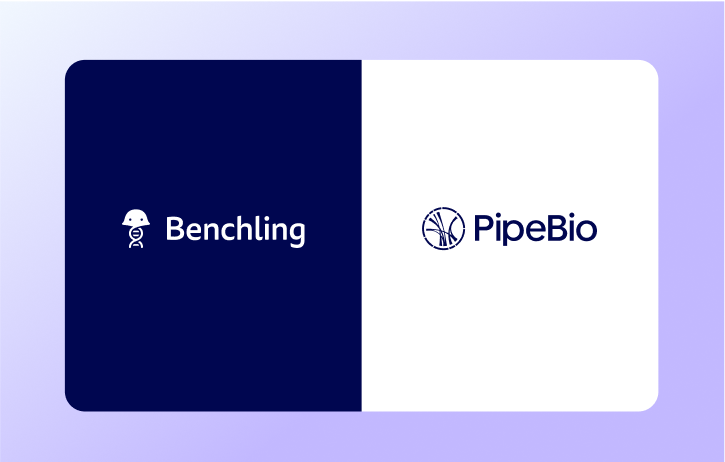
Blog post

Take sequencing data through complete bioinformatics workflows to identify and optimize promising candidates.






Suited for antibodies, TCR, peptides, and other advanced biologics modalities
Accepts all common sequence formats and platforms (e.g., Illumina, PacBio, 10X Genomics, Sanger)
Combine sequence data with functional data (e.g. ELISA, SPR)
Run pre-processing and quality control steps (e.g. PCR error correction, assembly, merging)
Perform labeling, annotation, and clustering
Use out-of-the-box visualizations to support lead selection and optimization
Integrate with Benchling R&D Cloud and other lab information systems
Automate workflows to simplify and standardize analyses
Use REST APIs and SDK for full programmatic control

Configure custom workflows and tailor individual tools and parameters for extracting desired sequences. Automatically create custom standard reports for a quick overview of your analysis results.

Accurately annotate, define and characterize regions and liabilities of antibody sequences to de-risk antibody development.

Cluster by defining your clonotype, identify clonal families and compare sample types across experiments, analyze enrichment and explore clusters visually with cluster network plots.

Create phylogenetic trees, identify the most diverse sequences in your sample and hit-pick to express in vector and characterize your antibody sequences.

Analyze your sequences visually with amino acid barcharts, cluster diagrams and phylogenetic trees.

Use the API to programmatically upload and export sequences and manage users. Integrate PipeBio with your IT infrastructure, such as ELN (e.g. Benchling), LIMS or lab instruments.